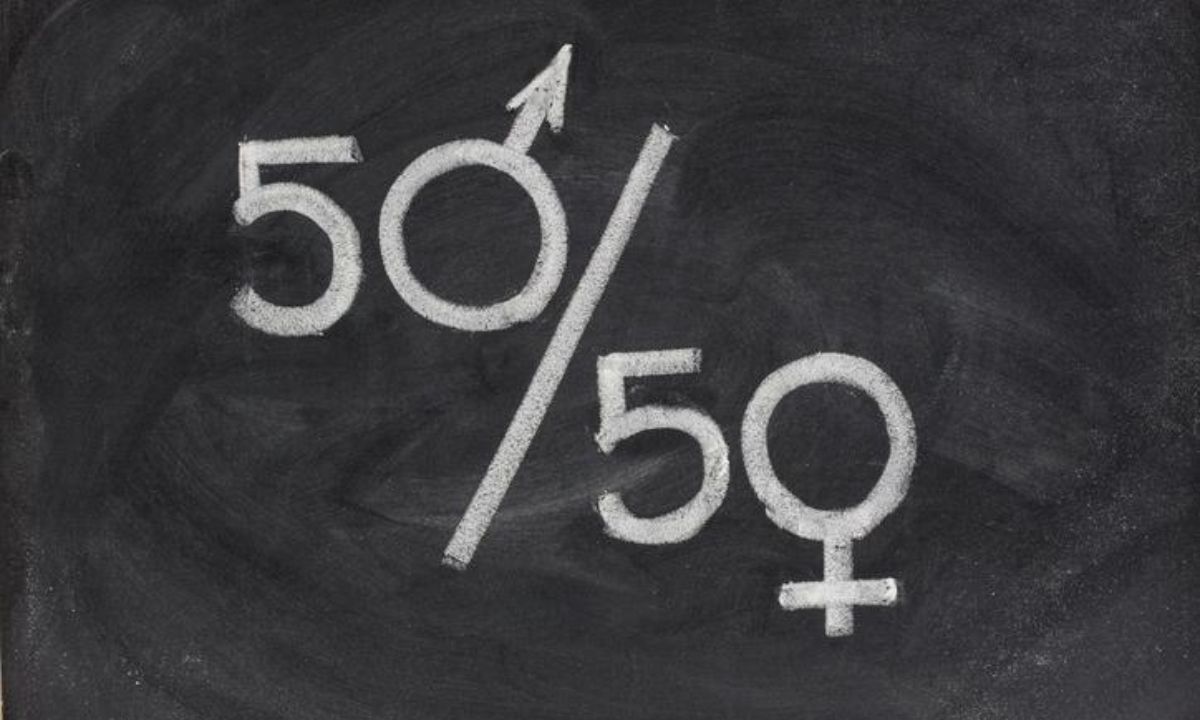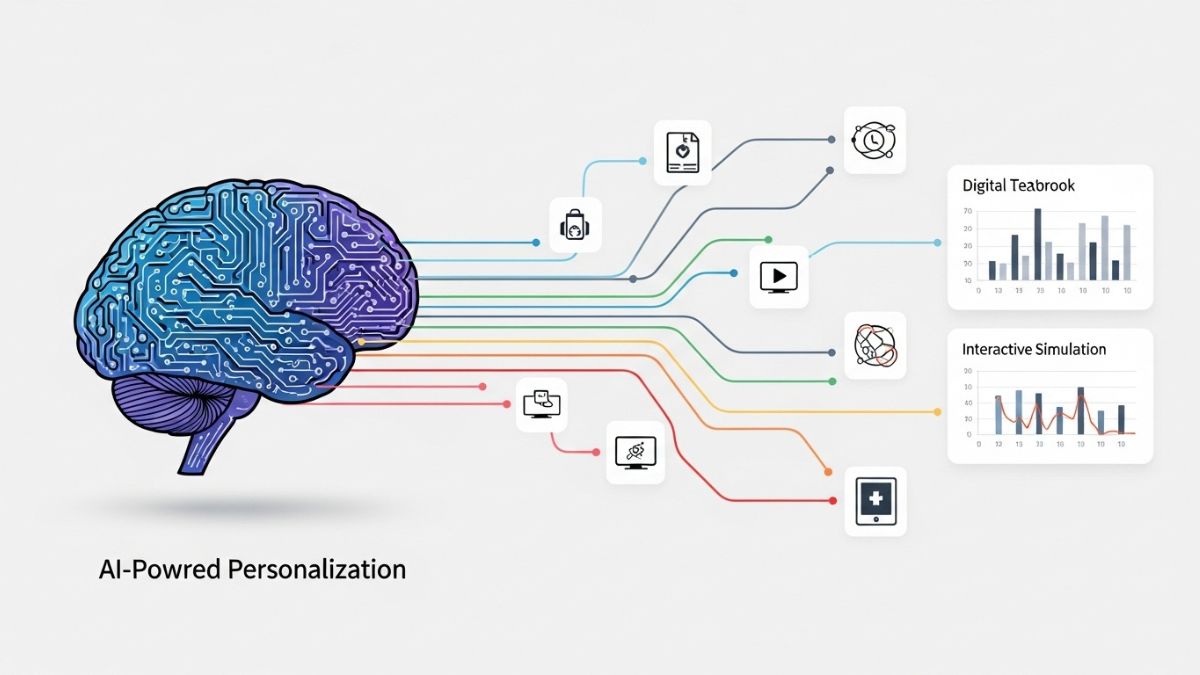What role does education play in addressing gender inequality? How can education bridge the gap between genders and empower women and girls? These questions highlight the critical importance of education in tackling gender disparities. Education is not just about learning subjects; it is a powerful tool for social change.
Increased Opportunities:
Education significantly improves job prospects and career opportunities for girls and women, addressing gender inequality in India. It equips them with the skills and knowledge needed to pursue various professions. This increased economic participation helps bridge the gender gap in employment and income.
Improved Health Outcomes:
Better Health Decisions
Educated women have more excellent knowledge about health practices and nutrition. This understanding helps them make informed decisions for themselves and their families. As a result, families experience better health and improved quality of life.
Enhanced Healthcare Access
Education also improves access to healthcare services. Women with education are more likely to access medical care and utilize health resources effectively. This increased access helps reduce maternal and child mortality rates, contributing to healthier communities overall.
The Empowerment:
Education builds confidence and self-reliance in girls and women. Knowledge and skills make them more likely to challenge traditional gender norms and advocate for their rights. This empowerment helps them achieve greater independence and equality in various aspects of life.
Breaking the Cycle of Poverty:
Economic Upliftment Through Education
Educating girls provides families with the chance to disrupt the cycle of poverty that frequently sustains gender inequality. Education equips girls with skills and knowledge that open doors to better job prospects and economic opportunities. This economic upliftment contributes to higher living standards for families.
Community-Wide Benefits
As individuals become economically active, they contribute to their communities, fostering economic growth. This broader economic participation helps reduce gender-based disparities and improves everyone’s quality of life. Educating girls benefits not only individual families but also positively influences entire communities in India.
Promotion of Gender Equality:
Education plays an important role in challenging and changing societal norms and cultural beliefs that perpetuate gender inequality. It raises awareness about gender rights and promotes a more equitable outlook on gender roles. This cultural shift is essential for achieving long-term gender equality.
Increased Political and Social Participation:
Educated women are more likely to engage in political and social activities, leading to a more balanced representation in decision-making processes. Their participation ensures that women’s perspectives and needs are considered in policy and governance. This active involvement promotes a more inclusive and equitable society.
Economic Growth:
Increased Productivity and Innovation
A more educated female workforce drives economic growth by significantly boosting productivity and innovation. Educated women bring new skills and ideas to various sectors, enhancing overall economic development. Their involvement in diverse fields leads to increased efficiency and creative solutions that benefit businesses and industries.
Support for Economic Stability
Educated women’s participation in the workforce also supports broader economic stability and progress. Their contributions help stabilize and grow the economy by participating in and strengthening economic activities. This involvement is crucial for achieving long-term economic stability and prosperity for the nation.
Reduction in Child Marriage:
Education helps delay the age of marriage and reduces the incidence of child marriage. Educated girls are more likely to pursue their studies and career goals, leading to later marriage and better life outcomes. This shift contributes to improved well-being and opportunities for young women.
Education is critical to tackling gender inequality in India. It boosts job opportunities and enhances career prospects for women and girls. Educated individuals make better health choices and contribute to healthier communities. Education also empowers women to challenge traditional norms and advocate for their rights. By breaking the cycle of poverty, education improves living standards and reduces gender-based disparities.
ALSO READ: Unlocking the Journey of Abijah Sirayon: From Harvard to LinkedIn















